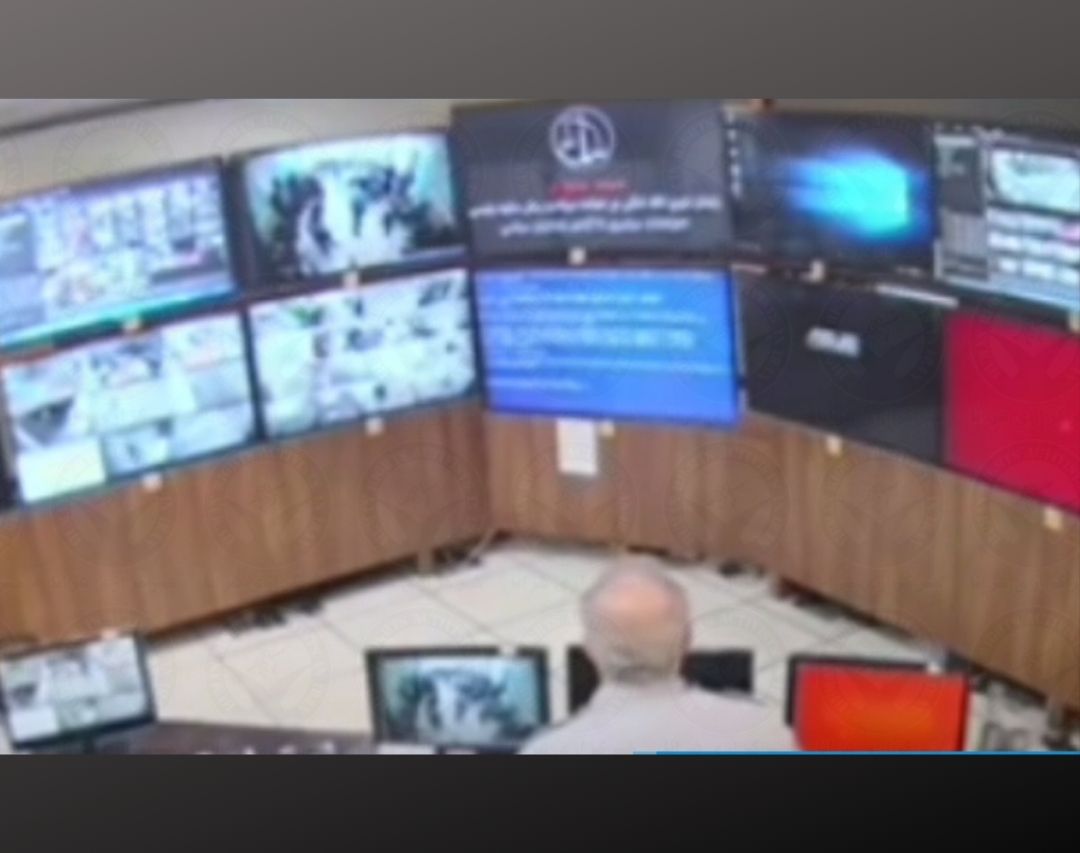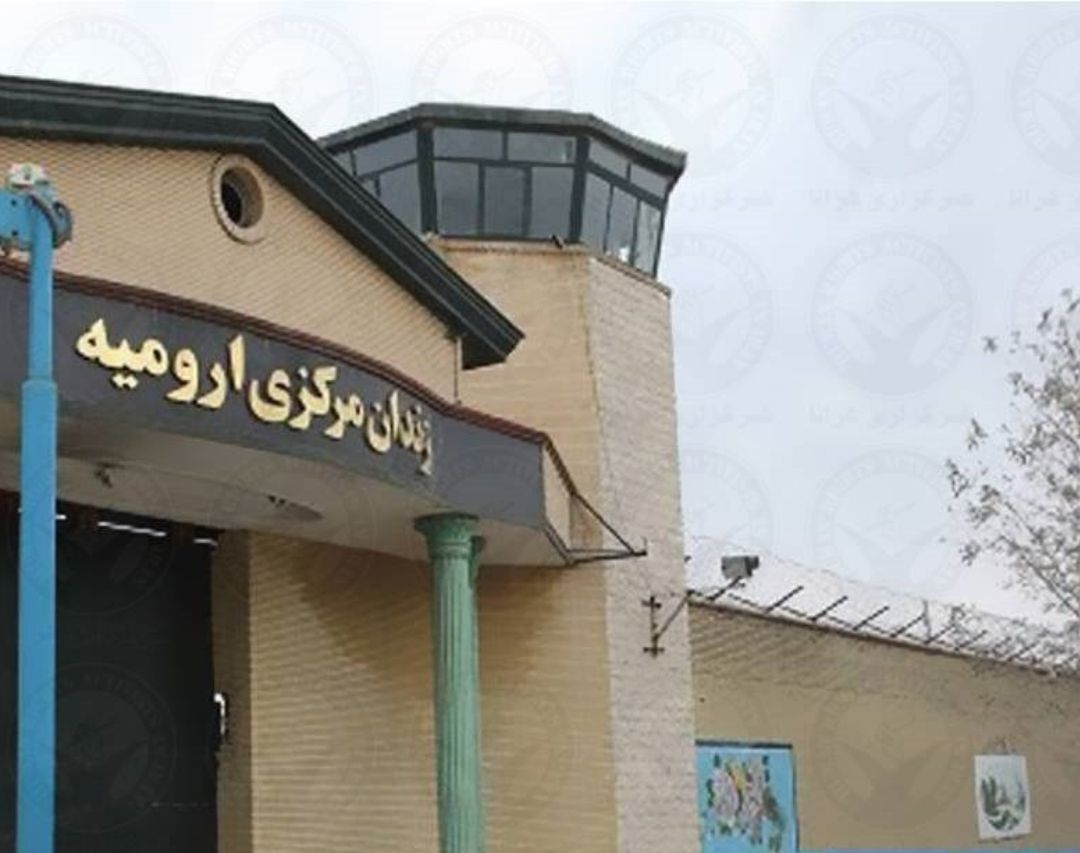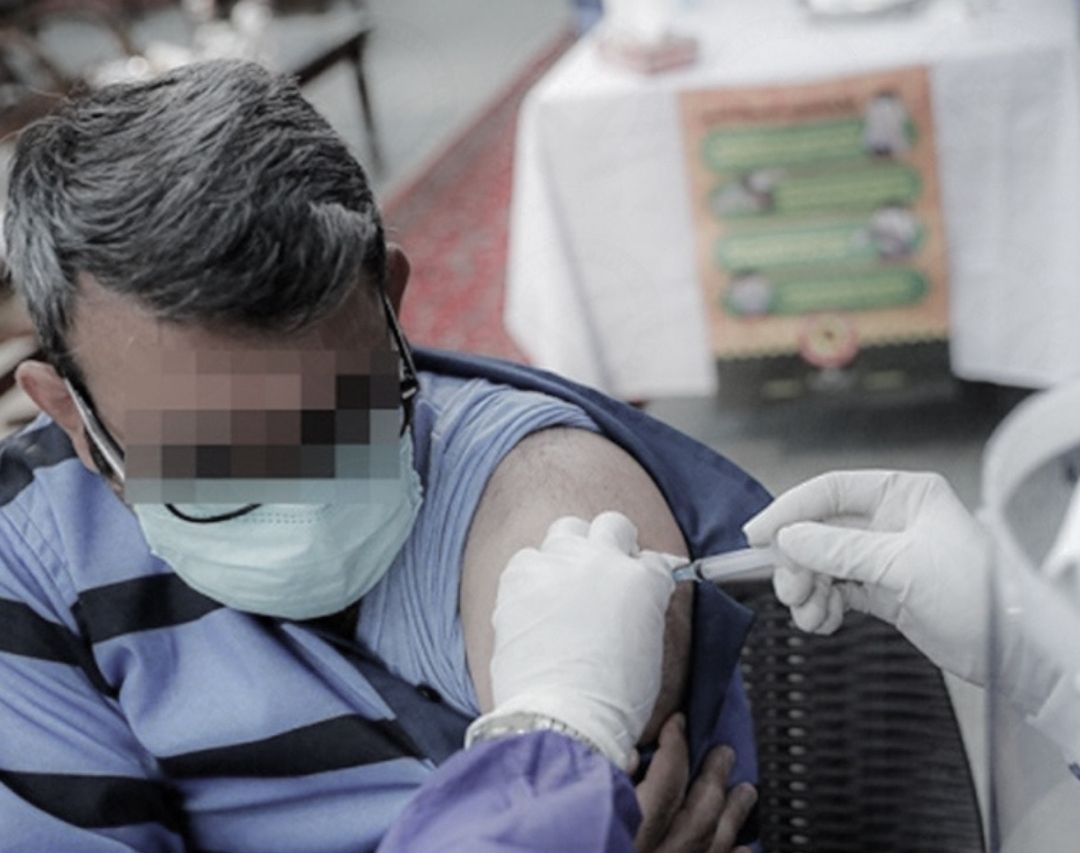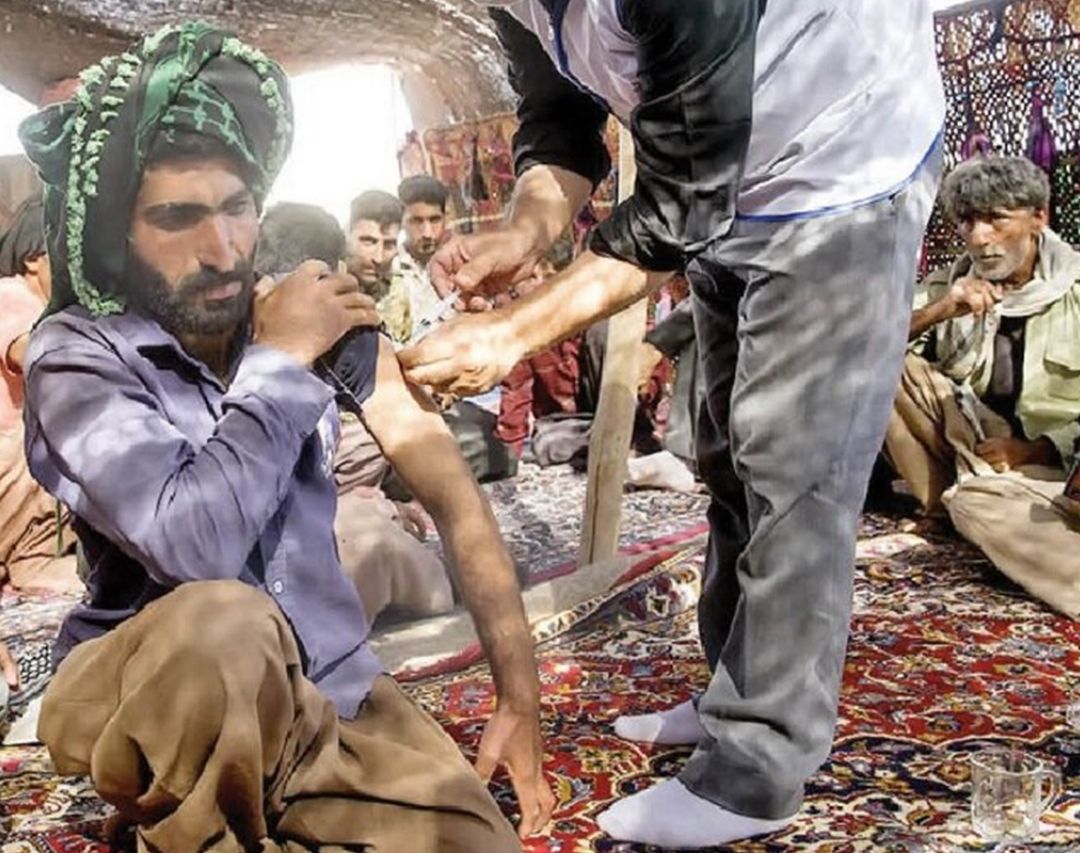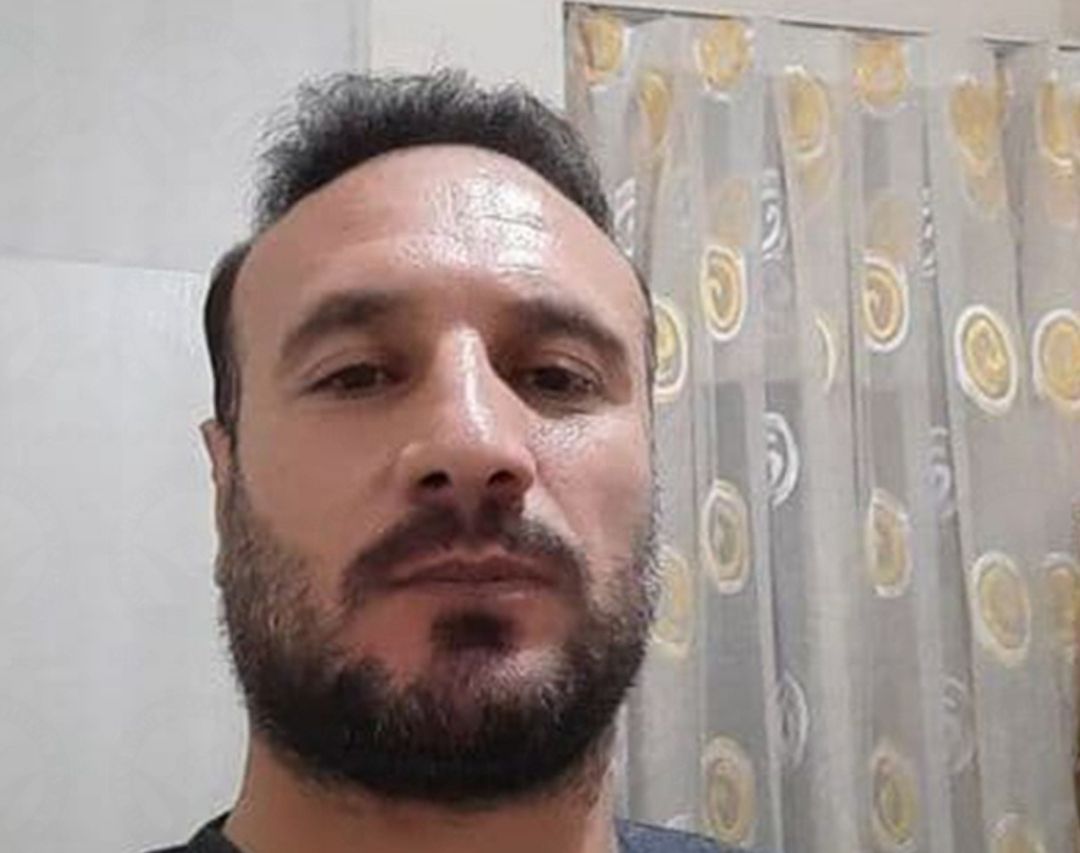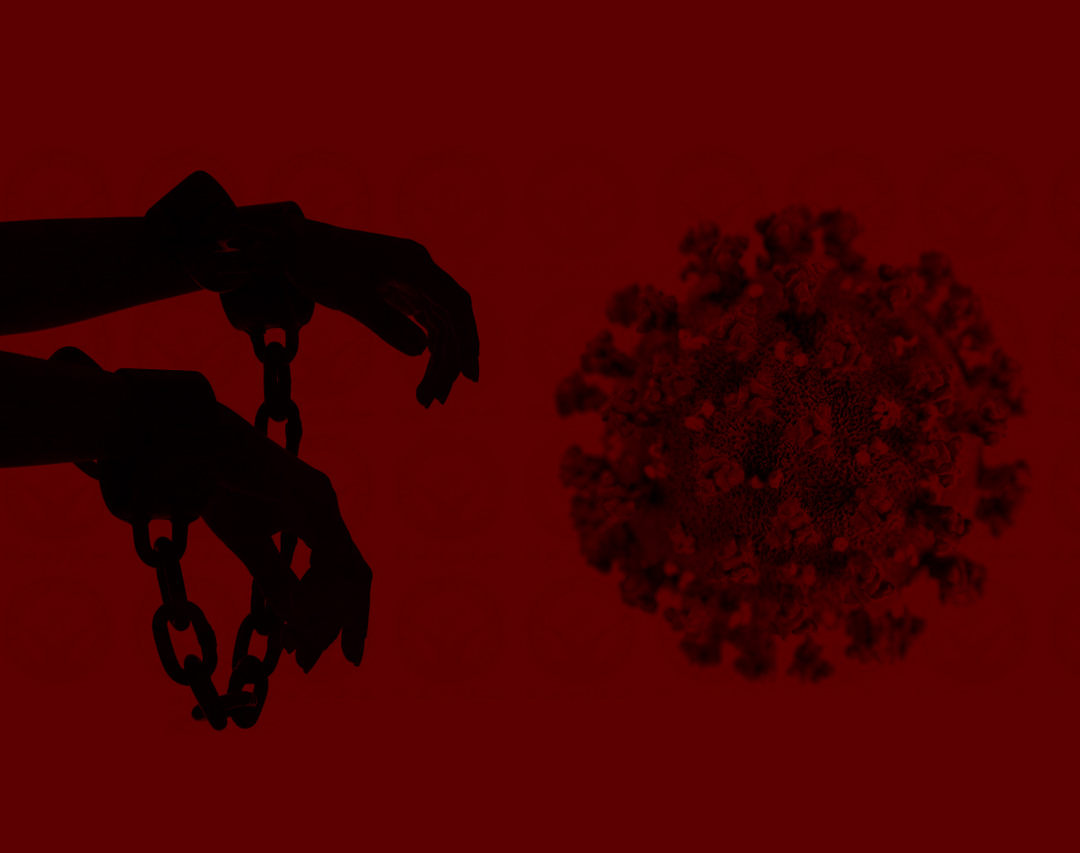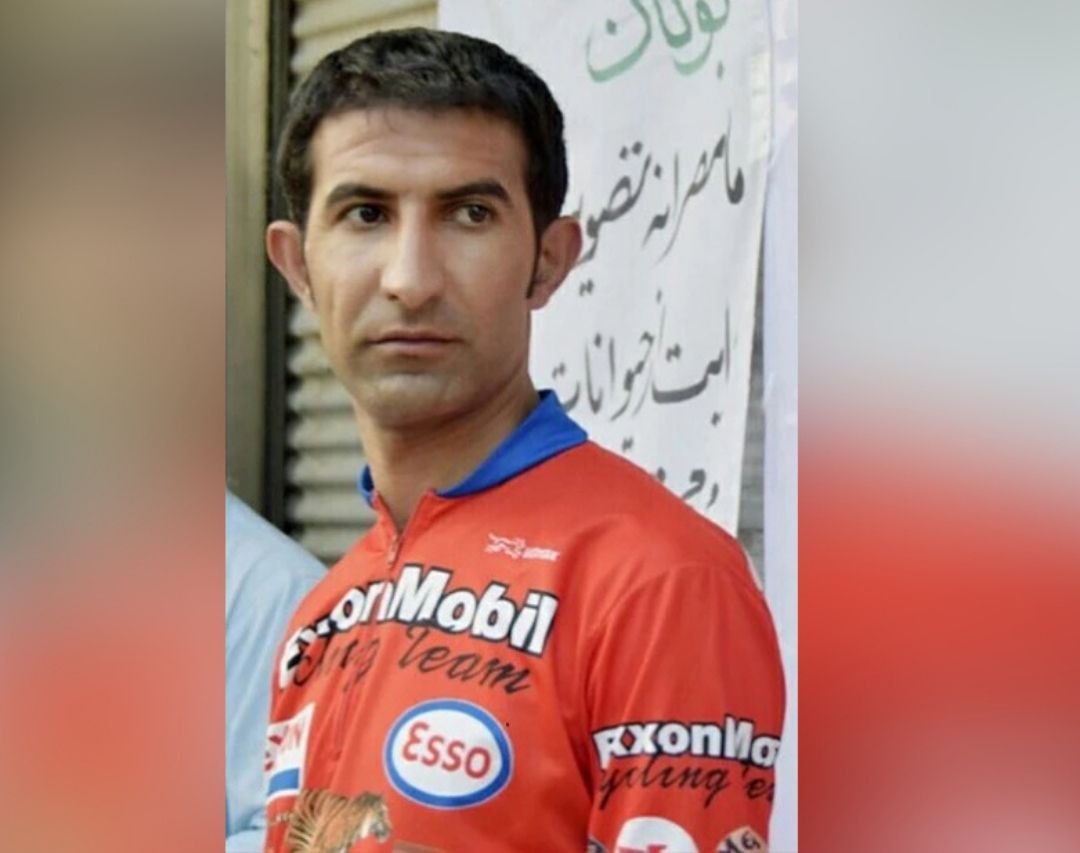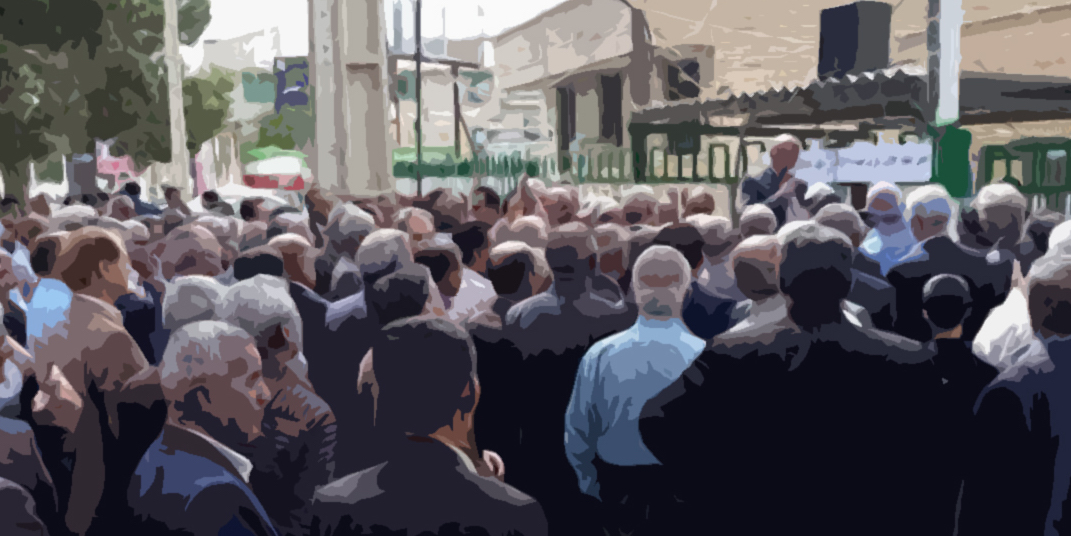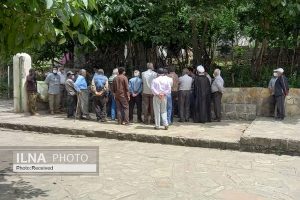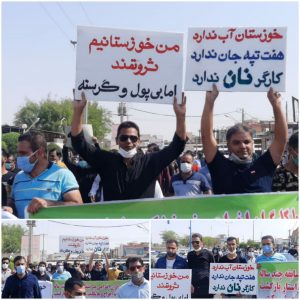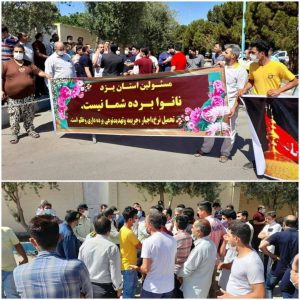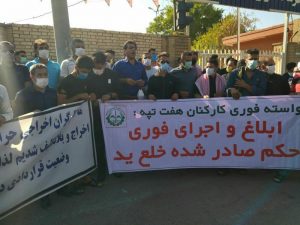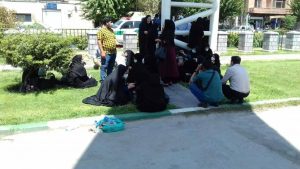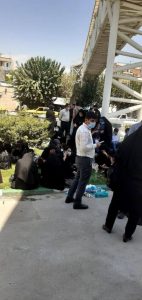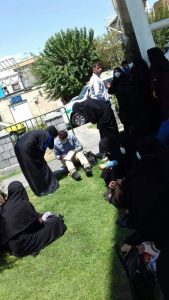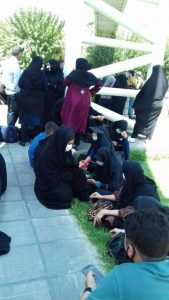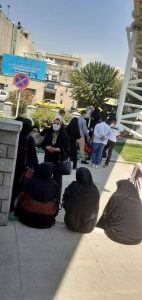According to HRANA, the news agency of Human Rights Activists, the vaccination of inmates in different prisons throughout the country has started this month.
A number of prisons, including Evin in Tehran, Rajai Shahr in Karaj, Qarchak in Varamin, Lakan in Rasht, Urmia in Urmia, and Qom Coastal Prison, have been examined as a statistical sample in this report.
According to reports received by HRANA, in some prisons in the country, prisoners have been forced to receive the Iranian vaccine “Barekat”, and many others have refused to receive the Barekat vaccine due to doubts about production conditions and the lack of WHO approval. In some prisons, vaccination has been partially abandoned due to the lack of enough dosage per the Ministry of Health.
Although this action of the Prisons Organization has given a bit of hope to the prisoners and their families, reports received by HRANA from various prisons across the country indicate that -regardless of the quality and type of vaccine used- a small percentage of inmates have been vaccinated and that most of the inmates still have not been vaccinated against COVID.
Prisoners in the women’s ward of Lakan Prison in Rasht were vaccinated with the Barekat vaccine. According to an informed source, the vaccination process has started in this prison in late July this year; first the prison officials, then the male prisoners, and finally the female prisoners have been vaccinated.
As of this writing, a small percentage of inmates in Urmia Prison are vaccinated. An informed source about the vaccination process in this prison told HRANA, “At first, the Iranian vaccine Barekat was sent for Urmia prison, but prisoners refused to inject, then a small number of Chinese vaccines arrived which only was enough for a few. Though the vaccine was given to all prisoners in the political prison, and any of them who wished was vaccinated.”
According to the source, prison officials, along with a limited number of other detainees were vaccinated with the AstraZeneca vaccine.
Since mid-August of this year, some prisoners in various wards of Evin Prison have received the first dose of the vaccine. Initially, the vaccination was carried out with the Barakat vaccine, but this process was stopped due to the refusal of many prisoners to inject the Iranian vaccine. A few days later, some prisoners were injected with the Chinese vaccine Sinopharm. According to an informed source, in many wards of the prison, even prisoners with underlying diseases who are at risk of infection have not been vaccinated yet.
Political prisoners in Rajai Shahr Prison in Karaj have also been injected with the first dose of the Sinopharm vaccine. According to an informed source, in other wards of the prison, vaccination was going on based on the age priority and people with underlying diseases until prison officials announced that the vaccination would be halted and postponed until the Ministry of Health and the Prisons Organization were able to provide the vaccine.
The HRANA investigation shows that most of the prisoners in Qarchak Prison in Varamin have been injected with the Sinopharm vaccine, but new inmates, whose numbers are very high, are still not vaccinated as there are not enough vaccines for them.
In Qom Coastal Prison, only the clergy prisoners being held in the special ward for clergies have been fully vaccinated. According to an informed source, 20 prisoners in this ward, along with a small number of prisoners from other wards, have been vaccinated so far. Prisoners in Bushehr Prison in Bushehr Province have not yet received any vaccine.
These are the reports from prisons while in early August, Mohammad Mehdi Haj Mohammadi, head of the Prisons Organization, claimed on his Twitter account that 50 percent of the country’s prisoners had been vaccinated.
Although the prisoners’ vaccination could help to control the spread of coronavirus in prisons, the effectiveness of vaccination is still unclear as spaces in prisons are closed, pre-and post-vaccination health protocols are not met, principles of quarantine are not observed, and prison populations are large. Also, some prisoners have received the Iranian Barekat vaccine, whose effectiveness is highly questionable.
The negligence of the authorities towards the situation of sick prisoners, lack of proper medical care in prisons, the strictness of the authorities in sending prisoners to medical leave and hospitals, and the lack of adequate sanitary facilities in prisons have all contributed to and intensified the spread of the disease.



